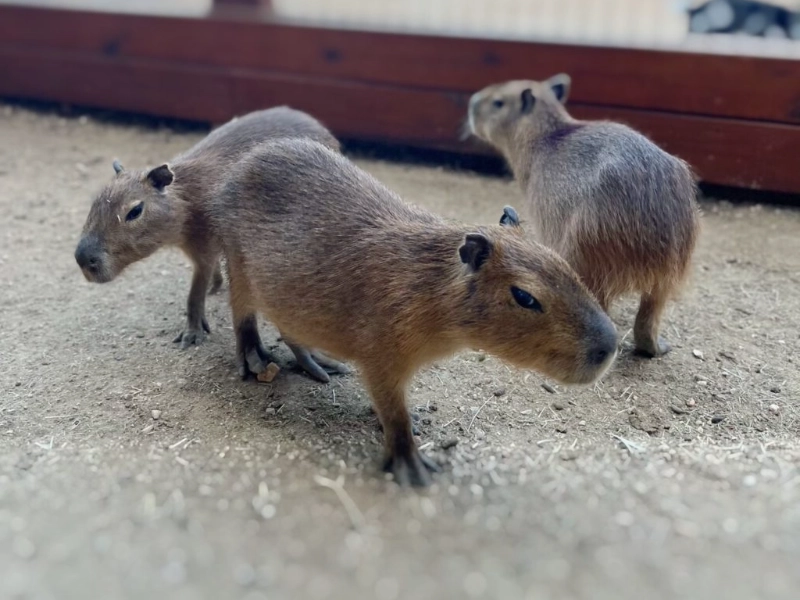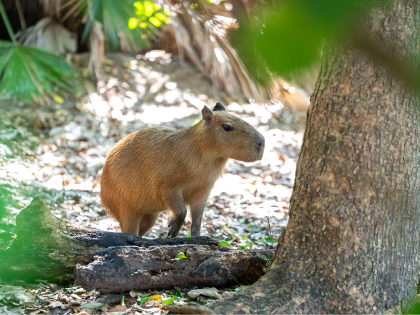Nature's largest rodent, the capybara, plays a fascinating and crucial role in maintaining the delicate balance of ecosystems across South America. Often referred to as nature's gardeners, these gentle giants contribute to their environment in remarkably intricate ways that continue to amaze researchers and environmentalists. From their grazing habits to their social interactions with other species, capybaras have proven to be a keystone species in their habitats. This comprehensive exploration highlights thirteen incredible ways these charismatic animals support environmental stability and biodiversity conservation, thereby sustaining ecological balance.
1. Natural Vegetation Management

Capybaras are exceptional grass managers, helping to regulate vegetation growth in wetland ecosystems through their feeding habits. These remarkable creatures consume approximately six to eight pounds of plant material daily, preventing the overgrowth of both aquatic and terrestrial vegetation. Their selective grazing creates natural pathways through dense foliage, benefiting smaller animals that use these corridors for movement. By preventing any single plant species from dominating, their feeding habits also promote plant diversity. This natural pruning encourages new growth and supports the structural variety of the ecosystem, which is vital for sustaining many other wildlife species. Environmental studies have shown that areas regularly grazed by capybaras exhibit greater plant species diversity compared to ungrazed areas. Their feeding behavior creates microhabitats that support various invertebrate species and provides opportunities for new plant growth, going beyond simple vegetation management. Their ability to break down tough plant matter, which other herbivores avoid, makes them particularly effective in controlling plant species that might otherwise become invasive. Additionally, their grazing helps maintain open areas near water sources, which is crucial for many species that rely on clear access to water.
Advertisement











